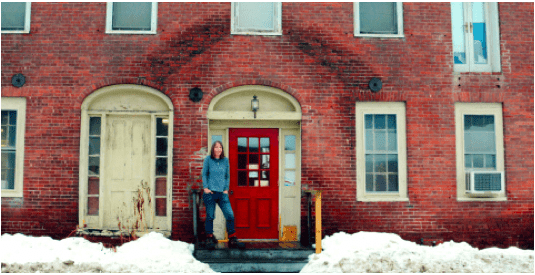Here is an excerpt from the article that came out recently about Golgonooza.

Women’s History Month 2014
Featuring: Julia Ferrari of the Golgonooza Letter Foundry & Press
Golgonooza Letter Foundry & Press
Box 111
25-30 Main Street
Ashuelot, New Hampshire
Background
In mid-2012 Julia Ferrari became the sole proprietor of the Golgonooza Letter Foundry and Press after 30 years of partnership with her husband, Daniel Carr. The premature death of Carr two years ago deprived Julia of both her life partner and her business partner, a double loss from which she is now beginning to emerge with renewed purpose. It has not been easy but she is determined to continue the press, or some incarnation of it, on her own.
Julia is not alone in her situation, in fact she is but one in a very long line of women who inherited their family presses and or foundries. (Please notice that we did not write their husbands’ presses, for most women were active partners in the family business from the start of their marriages.)
Printing Widows in History
For much of history women entered the graphic arts trade through family connections, by either marrying a printer or as a printer’s daughter with a share of the print shop as her dowry. Often the printer/husband was much older, having spent his youth establishing a shop and saving enough money to start a family. The younger wives would work at the press and eventually inherit the shop if no male children or partners were present. Out of convenience, the widow frequently married a senior printer within her employ. The press would then revert to male ownership and the cycle would repeat.
Apart from the remarriage option continuing the family printing business was a difficult but possible endeavor. The widows were familiar with the day-to-day press workings as it was common for the printing workshop to be physically intermingled with the domestic household. Proximity and familiarity alone were not enough; the women needed to be highly literate in their native tongue (and Latin) plus retain a network of writers and business contacts who were willing to work with a woman. If all of these criteria were in place the surviving widow could continue the press, providing her husband’s guild granted her permission. . . .
continued …
I include below a link to an article that just got published in Design Traveler magazine, about Golgonooza and the new directions etc.
Thank you for your positive prayers and good thoughts for the press. I appreciate them.
Sincerely, Julia Ferrari
When Death Doth Us Part: Widowhood and Printing Presses
